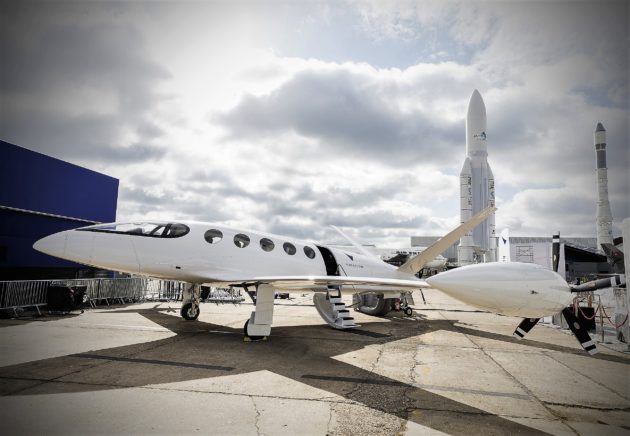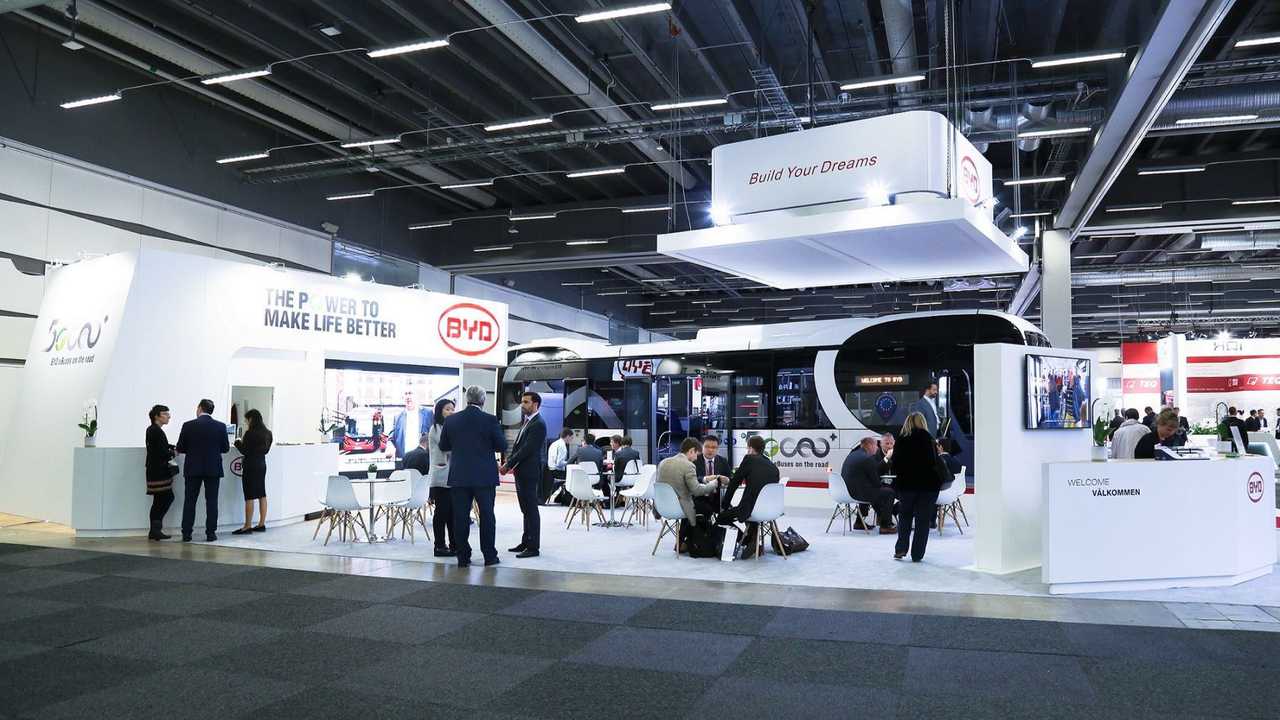Published June 14, 2019 12:47 pm, Via NYC
ViaVan Receives Top UITP Award For BerlKönig Service with BVG
On-demand public mobility in Berlin wins Public and Urban Transit Strategy Service category
13 June 2019 (BERLIN)– ViaVan, the joint venture between on-demand public mobility company Via and Mercedes-Benz Vans in Europe, receives in partnership with Berliner Verkehrsbetriebe (BVG) the UITP Award in the category of Public and Urban Transport Strategy Service for its innovative BerlKönig deployment in Berlin. This prestigious prize is awarded every two years by the World Association of Public Transport Companies.
Launched in September 2018, the BerlKönig serves as a complement and extension to existing public transport in Berlin. Operated by ViaVan and powered by Via’s technology, the BerlKönig provides Berliners with an efficient, affordable and convenient on-demand shared public mobility service. The BerlKönig, with a fleet comprised of a majority of electric vehicles, has provided more than 650,000 shared rides while reducing vehicle miles traveled by more than 143,000 km as compared to private vehicle trips.
“ViaVan’s powerful algorithms were developed to provide the efficiency and convenience of a personal vehicle while delivering the congestion and emission reducing properties of public transit,” said Chris Snyder, CEO of ViaVan. “We are honored that UITP has recognized the impact that smart, shared solutions like BerlKönig can have to reduce single-occupancy vehicles on the roads when integrated into the public transport system,” said Chris Snyder, CEO of ViaVan.
“ViaVan’s mission is to work closely with cities to launch innovative new public transport solutions that have the potential to attract a new generation of public transport users,” said Valerie von der Tann, General Manager of ViaVan Berlin. “The UITP Award underscores that on-demand offers such as the BerlKönig are increasingly regarded internationally as a central element of future public transport systems.”
“We think it’s great that our digital service is not only very well received by Berliners, but is now also receiving international recognition in the transport industry,” said Dr. Henrick Haenecke, BVG Chief Financial Officer, Digitization and Sales. “For us, the price is also an incentive to further expand and strengthen our digital offers for our passengers.”
ViaVan’s technology seamlessly matches multiple passengers into a shared vehicle through the BerlKönig mobile app. Through the use of “virtual bus stops” and corner-to-corner pickup, unnecessary vehicle detours are minimized, reducing empty vehicle miles and added carbon emissions.
ViaVan, together with its parent Via, have been tapped by cities and transit authorities over 70 times in more than 15 countries around the world to provide on-demand public mobility solutions. ViaVan’s partnerships include powering a demand-responsive bus pilot with TfL in London, corporate campus mobility with BASF and Mercedes-Benz Vans in Germany, and demand-responsive bus services in the UK with Arriva and Go-Ahead.
About ViaVan:
ViaVan is a leading provider of innovative on-demand shared transit services in Europe. ViaVan was founded in 2017 as a joint venture between Via, the world’s most sophisticated developer of dynamic shared rides technology, and Mercedes-Benz Vans, the leading manufacturer of iconic passenger and cargo vans. Working closely with cities and public transit operators, ViaVan powers dynamic shared mobility services that complement existing transportation infrastructure, and currently operates in London, Amsterdam, Berlin and Milton Keynes. Through their partnership, Mercedes-Benz Vans and Via are also collaborating on the development of advanced mobility solutions, from sensor technology, to electric vehicle fleet management, to autonomous driving.
Read more

